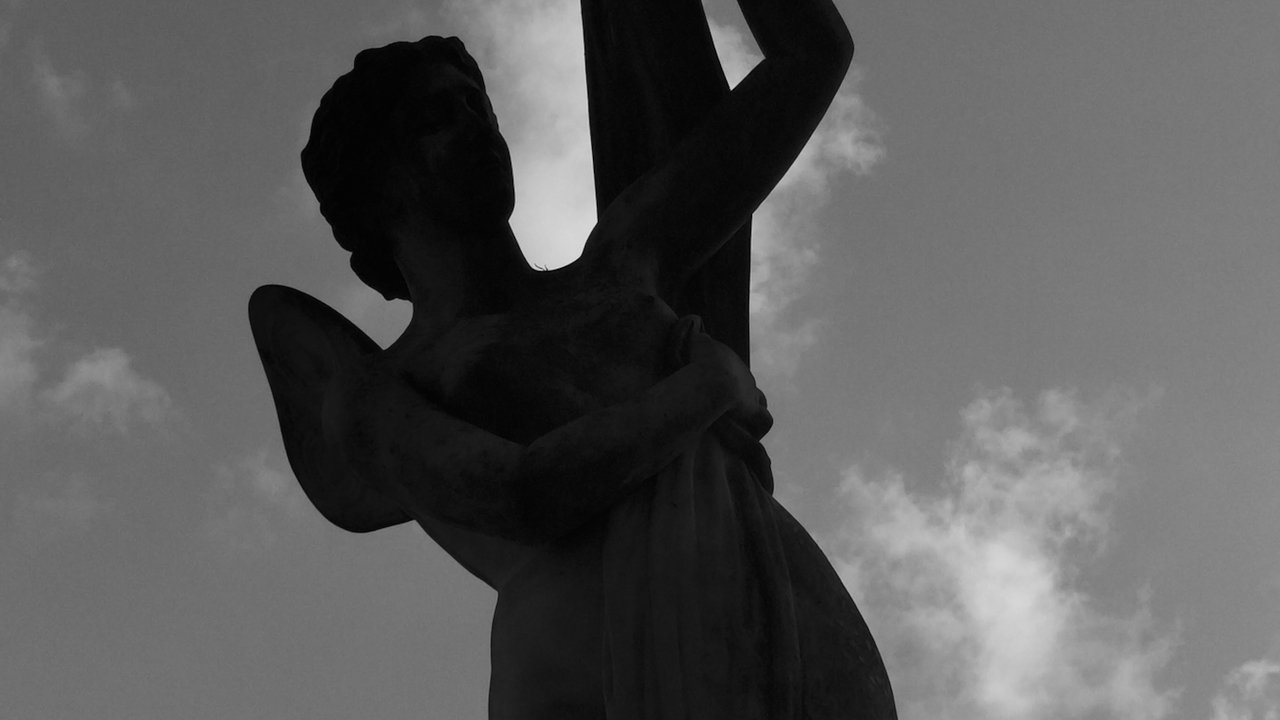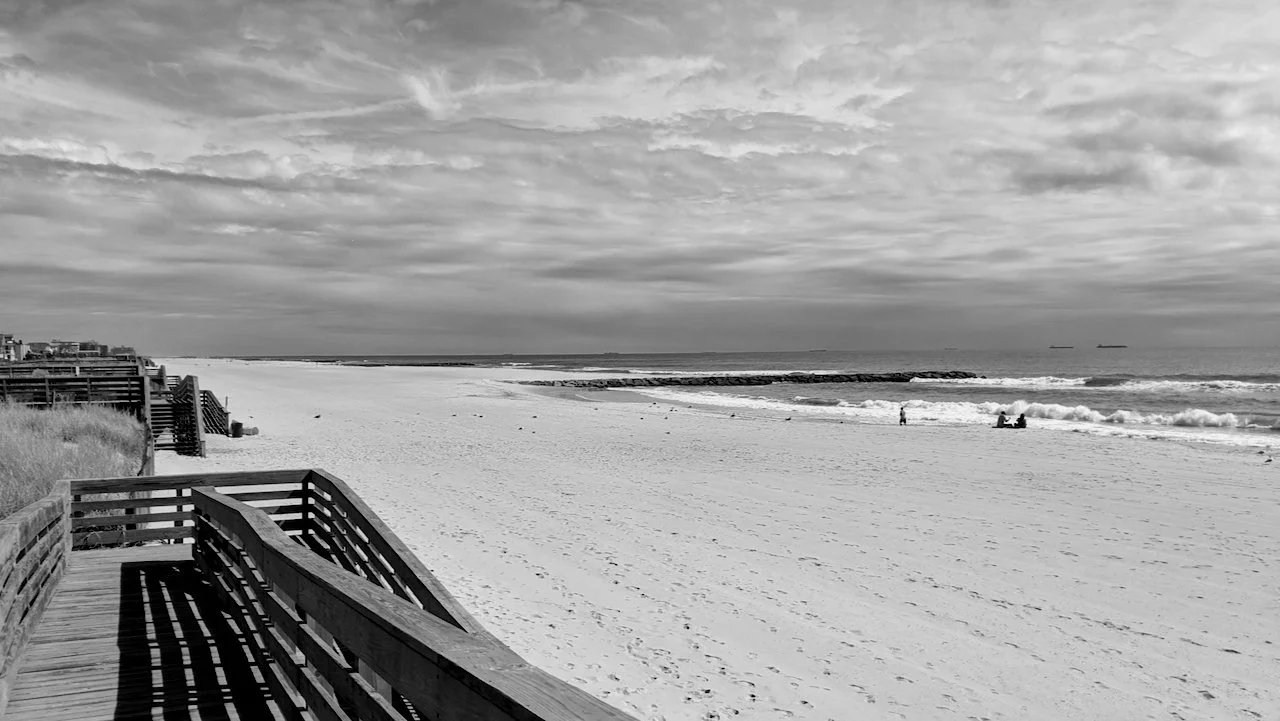Fictional Addresses
How is the real map relationships, memories, and associations? Are these fictional addresses?
Prague 2011
Desk Notes explores writing, travel, and literature—and is read in more than one hundred countries every week.
Searching for an address in Prague is a curious experience when you’re a visitor, as each building gives you a few options: should you use the red number in the larger rectangle? Or is the number in the blue square what you want? Why, well we’re on the point, are they different, yet adjacent? Turns out, you can blame the Habsburgs for the former, a number planted on each structure long ago, without much regard to any reasonable sequence. The latter number in blue is newer, but the quirk is that it marks a single facade, so a corner building might have multiple blue numbers. There are letters, too, which certainly must indicate something worthwhile, though nothing seems to go wrong if you ignore them.
How about the addresses in Manhattan? You might notice how the cross streets follow a fairly reasonable, orderly pattern, while the Avenues appear to be created by some deranged postman? From what I can gather, this is a peculiar story, where those with political power and preprinted letterheads resisted any changes as the city developed.
On more than one occasion, I’ve stayed for a period in a modern, furnished, and addressless apartment. On more than one occasion I have also given up a lengthy search for a particular address while traveling, but it usually takes awhile to cut through my carapace of stubbornness. For that to happen, however, the trip must be more exploratory than urgent, and, most importantly, a substitute needs to catch my eye. After once trudging through narrow alleys in Istanbul for hours—perhaps weeks?—I picked a substitute for a gallery that I couldn’t find. At the bottom of a hill, I abandoned my hunt and walked into a bar, partly because it looked inviting, partly because the alternative was uphill.
Asking for directions isn’t a problem, though it typically deprives me of any accidental discoveries. And if I’m not too rushed, nor too serious about the destination, asking for directions will simply make me more interested in conversation. My focus will shift, and I’ll lose interest in the destination.
Join readers in more than one hundred countries every week.
With both journeys and conversations, the fortuitous is what brings a thrill, and that can’t be coerced or scheduled or promised. Part of the enjoyment of a leisurely search is what’s unforeseen, and part of the enjoyment of a conversation is the unexpected path—to hear or say something you hadn’t expected.
Nevertheless, in many places, directions involve people as landmarks. Travel far enough outside the typical motorways and you’ll encounter these situations. You can resist, and demand an official map, a concrete description, but you might be overlooking the elusive, intangible links of your journey. Perhaps the best way to traverse your barren, windswept town is from the fruit seller to where the local doctor eats lunch. When you resist and require a map, you just might receive that geographic representation of your town. But you’ll be stuck with mere coordinates, never quite understanding how the real map is a hidden network of relationships and memories and associations.
Lawrence Osborne, a British writer who has lived in several countries and set his novels around the world, has a curious note about location and its effects:
To me, place creates character, not the other way around. So the setting—the place—twists and reshapes the characters into certain form.
This comes from a discussion of his novel The Forgiven, which is set in Morocco, a spot where, as I recall from my one visit, a perfect map doesn’t quite provide an outsider with perfect understanding. Knowing an address, or even the proper direction, isn’t sufficient when navigating the bazaar in Marrakech.
Before I leap too far with that assertion, however, nothing that I’m claiming is particular to Morocco. Swap in another country to the sentences above, whatever first comes to your mind, and the claim still fits.
A major benefit of travel is how you confront, or at least become aware of, all the assumptions that you make yet forget whenever you step outside. You’re forced to concentrate on items that are typically automatic. Which is why for many people travel is exhausting: every moment of the day requires a new decision. Nothing is involuntary when you’re surrounded by uncertainty. But that’s also why travel can be thrilling. Even the prosaic and dull and forgettable comes alive. Each step forward, light switch flick, sip of water, necessitates your full awareness. If you incorrectly believe, for instance, that a staircase has one more step, you’re jolted into the present moment, alert to your sensations as you weren’t just a moment earlier. To arrive somewhere without an address, absent the language, unclear on your direction, is another method of waking from your sleep.




